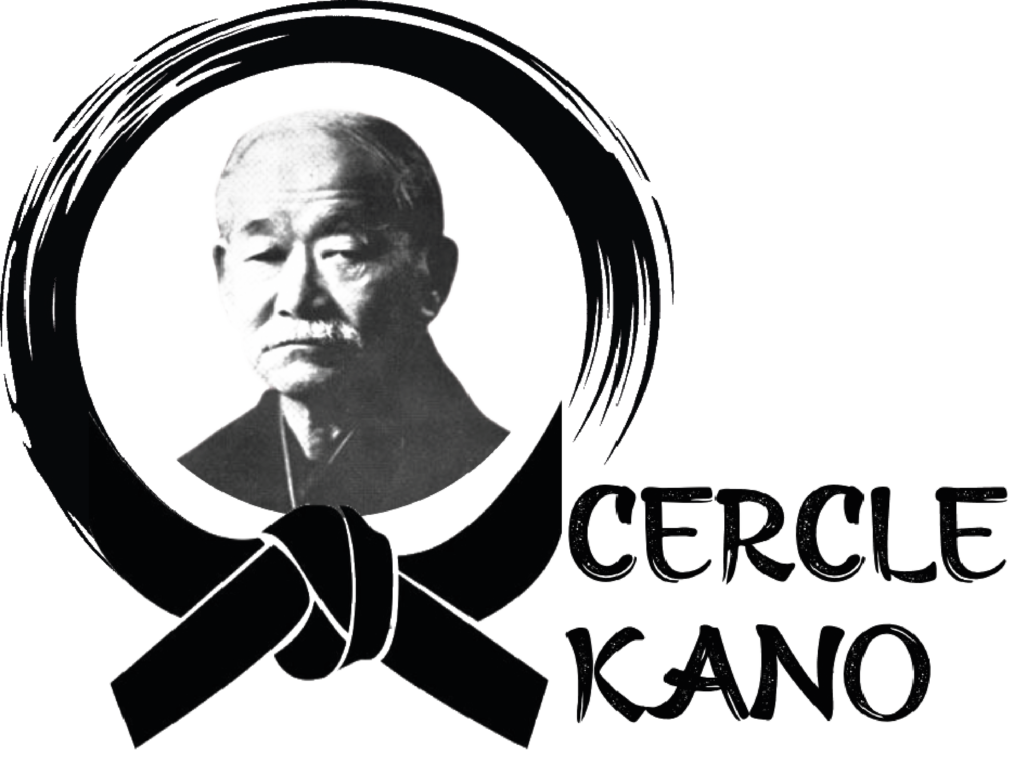How Licensing Ensures Fairness in Plinko and Other Games
Licensing plays a crucial role in maintaining the integrity and impartiality of games like Plinko and others. By enforcing regulations and standards, licensing authorities guarantee that these games offer fair chances to all participants. This article delves into the mechanisms through which licensing ensures fairness, explores the history of gaming licenses, and reveals why such a framework is essential for both operators and players.
The Role of Licensing in Game Fairness
Licensing authorities establish the rules and regulations that games like Plinko must adhere to. This ensures that all games operate under a standardized framework, making it impossible for operators to unfairly manipulate outcomes. Licensing ensures that games are tested for randomness and fairness before they hit the market. These tests are conducted by independent agencies, which measure everything from the random number generation to payout ratios, ensuring compliance with established standards.
Without licensing, there is a greater risk of fraudulent practices that can harm players and damage the reputation of the gaming industry. Licensing also provides a mechanism for complaints and disputes, offering players a route to justice if they believe they’ve been treated unfairly. This aspect of the licensing framework builds consumer confidence and contributes to a healthier gaming ecosystem.
The Evolution of Game Licensing
Game licensing has evolved significantly over time, adapting to changes within the industry and technology advancements. Initially, licensing focused primarily on casinos, but with the rise of online gaming, the scope has expanded dramatically. This evolution has led to more comprehensive regulations that cover various aspects of gaming, from software security to marketing practices. Today, licensing is not just a formality; it’s a badge of reliability and fairness https://plinko-loto-canada.com/.
In the digital age, licensing bodies continue to adapt by incorporating new technologies into their regulatory frameworks. Blockchain technology, for instance, offers additional layers of security and transparency that are rapidly becoming part of the standard licensing process. Such advances ensure that the fairness and integrity of games like Plinko can be preserved even as the gaming landscape becomes more complex.
Why Licensing is Essential for Online Gaming
Licensing provides a framework that ensures all operators are held to the same high standards, creating a level playing field in the online gaming world. For players, a licensed game platform means security and trustworthiness. When engaging with licensed operators, players can be confident that their personal data is secure and that the games are fair and unbiased.
The licensing process often involves multiple audits and reviews, which check everything from game fairness to financial solidity of the operating company. This thorough vetting safeguards against various risks, such as operators going out of business and leaving players without their winnings. Licensing also promotes responsible gaming, ensuring operators have measures in place to protect players from addiction and other gaming-related issues.
The Mechanics of Fairness in Plinko
Plinko, known for its simple yet captivating format, relies on mathematical randomness to ensure fairness. Licensing agencies scrutinize this aspect by running extensive simulations and tests to validate the randomness of the dropping chips. Key metrics like the distribution of outcomes and average payouts are evaluated to make sure they align with industry standards.
Moreover, transparency is another essential aspect enforced through licensing. Operators must clearly communicate the odds of winning and how the game mechanics work. Listing the outcomes ensures that players have realistic expectations and can make informed decisions. Licensing bodies actively monitor these aspects and intervene whenever there are discrepancies between the advertised odds and actual outcomes.
Conclusion
Licensing serves as a vital component in ensuring the fairness and integrity of games such as Plinko. By setting and enforcing high regulatory standards, licensing bodies protect players and cultivate a trust-based relationship between them and operators. This regulatory framework has evolved remarkably over time, adapting to new technologies and expanding its scope to include online gaming. As the gaming industry continues to grow and change, maintaining high standards through effective licensing will remain essential to safeguard both players and operators. Ultimately, licensing contributes significantly to a safer and fairer gaming environment for all.
Frequently Asked Questions
- Why is licensing important in gaming? Licensing ensures that games meet set regulatory standards for fairness, security, and transparency. It builds consumer trust and reduces the risk of fraud.
- How do licensing bodies test game fairness? Licensing bodies conduct independent tests and audits to measure the randomness and compliance of games with industry standards.
- What happens if a game operator is unlicensed? Unlicensed operators are not bound by regulations, posing a higher risk to players through unfair practices and potential data security issues.
- Can licensing help with gaming addiction? Yes, responsible gaming measures are often a requirement for licensing, and operators must offer resources to help players manage their gaming habits.
- Is online gaming covered by the same licensing standards as traditional gaming? Yes, online gaming falls under the same or even stricter licensing requirements, covering aspects from game fairness to data security.
